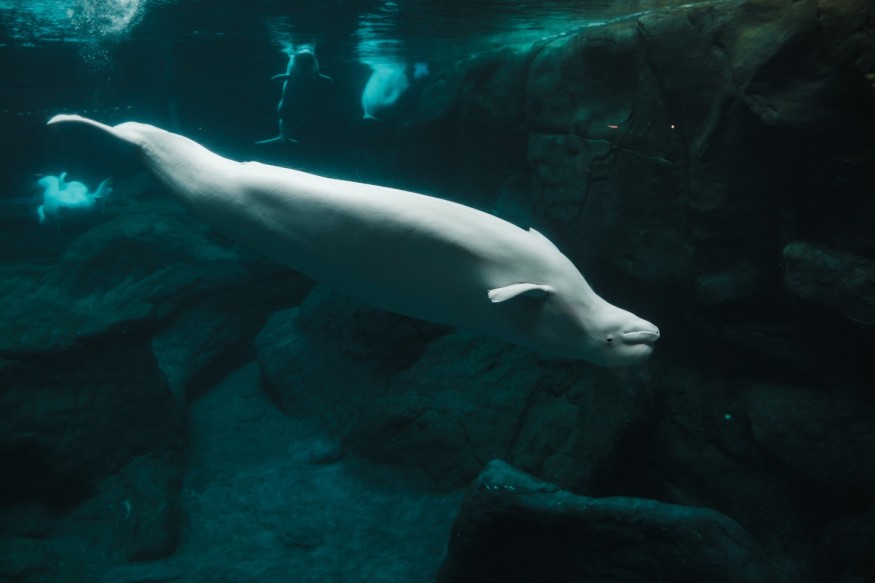Beluga whales migrating from the Arctic Waters into the Hudson Bay in northeastern Canada is being recorded through a livestream online in celebration of the Arctic Sea Ice Day on Friday, July 15.
This was made possible in collaboration between Arctic conservation, non-profit organizations Polar Bears International and explore.org.
The live video consists of covering 55,000 beluga whales migrating from the Churchill River Estuary, which flows into the said Canadian bay.
The recording is being done through the research vessel Delphi, which broadcasts the beluga whale livestream on the organizations' platforms and across their social media networks.
The ongoing coverage of the migrating whales are reportedly part of the objective to raise public interest on sea ice and advocate improved awareness of its significance to the Arctic ecosystem.
It also highlights the environmental repercussions caused by climate change and human-induced factors that place the Arctic in potential peril.
Beluga Boat Cam

The beluga cam livestream has been uploaded by the YouTube channel Explore Oceans, wherein it shows the underwater view of the Churchill River Estuary in Manitoba, Canada, an area known to be a migration route of thousands of beluga whales every summer.
The live coverage was uploaded on Friday and has been going on to show how the marine animals navigate through the frigid sea.
It also portrays how the massive animals adjust to the challenges posed by food scarcity and the climate crisis.
Alysa McCall, Polar Bears International's staff scientist and director of conservation outreach, told Live Science that the importance of their efforts are compared to the ocean as what a soil is to the forest.
Arctic Sea Ice Day is an annual event created by Polar Bears International observed every July 15.
Beluga Whale Migration
Stephen Petersen, the director of conservation and research at Assiniboine Park Conservancy in Canada, says that the "ice locked" Hudson Bay during the winter forces the belugas (Delphinapterus leucas) to head northward into the more open seas, as cited by Live Science.
Still, the group of approximately 55,000 beluga whales return to the bay during the summer season, which spans in North America from late June to September.
Petersen also told Live Science that the whales may find that the bay's sheltered waters can serve as protection from killer whales or orcas (Orcinus Orca).
In addition, Petersen said the estuaries also provide hungry belugas a substantial amount of food, and may also be beneficial for young calves.
Climate Change Impact
While the beluga cams go live each year, the scenario could also show a glimpse of the impact of the changing climate and global warming in the Arctic waters.
Both in recent studies on the ongoing climate crisis, the Arctic region has been experiencing the most brutal effects of the warming planet, based on the evident ice melt and glacier retreat.
Since the 1990s, the Arctic's Hudson Bay has warmed by three degrees Celsius, seeing evident ecosystem shifts in these lakes, according to John Smol, a paleolimnologist from Ontario, Canada, as cited by the National Geographic.
© 2025 NatureWorldNews.com All rights reserved. Do not reproduce without permission.





